There’s Only One State Where You Can Become a Master Cheesemaker
You can get arrested for making cheese without a license.
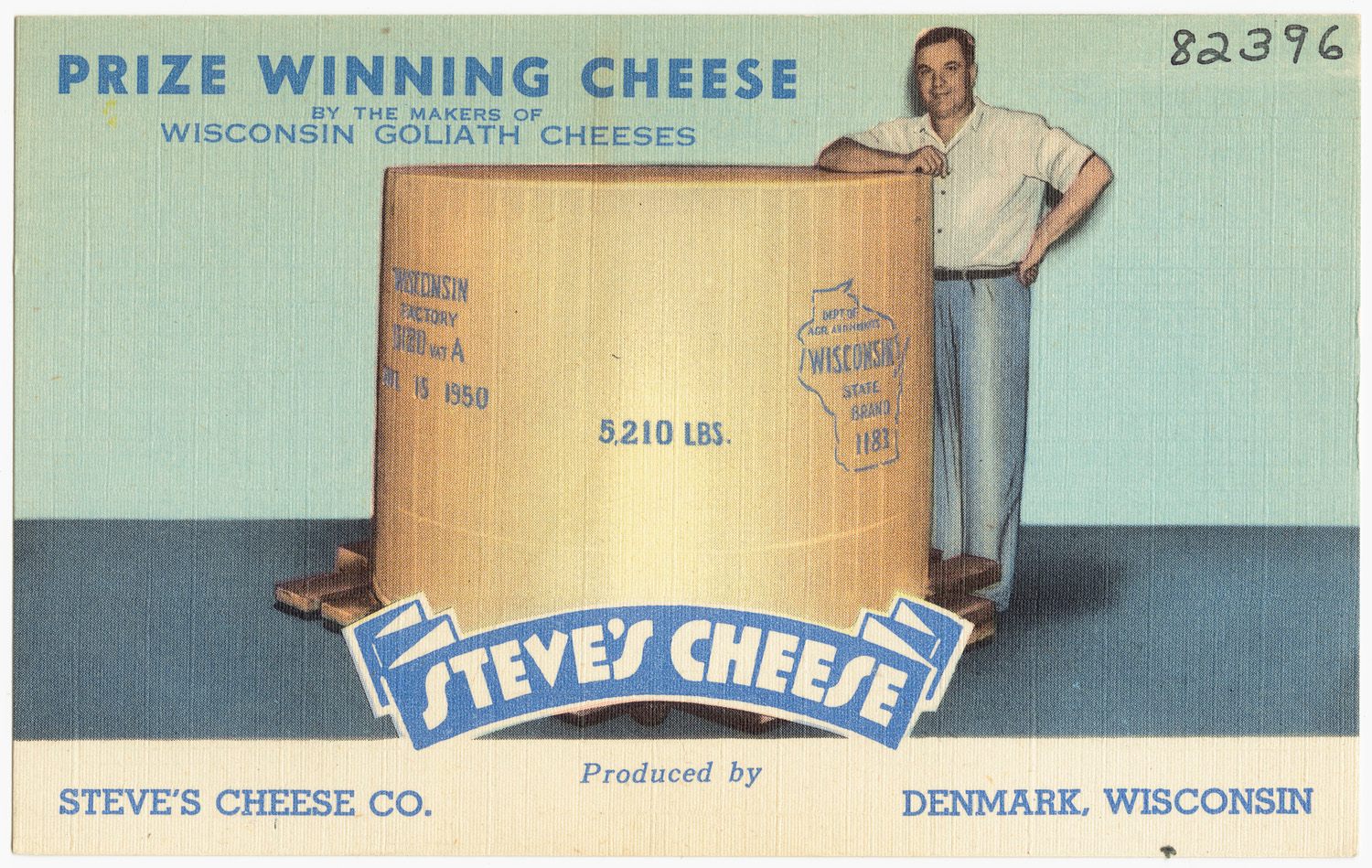
Wisconsin cheesemakers don’t mess around. (Photo: Boston Public Library/Public Domain)
There is only one state in America in which cheesemaking is elevated to an almost otherworldly realm. That state over the years has firmly guarded its status as America’s Dairyland. It also goes by the name of Wisconsin.
Wisconsin is the sole state where you can be crowned a certified Master Cheesemaker. But before any of that happens (a process involving a three-year course of study and a practical apprenticeship)—an inductee will need to have possessed a cheesemaker’s license in Wisconsin for at least 10 years. They’ll also need to be a resident of one of Wisconsin’s 72 counties.
“Here in Wisconsin, we’re proud of the fact that we have more Master Cheesemakers hard at work creating quality products than most states have cheesemakers,” the program directory declares.

Wisconsin has always taken dairy seriously; this is a milk testing laboratory at a Wisconsin dairy school. (Photo: Public Domain)
There are currently over 1,200 licensed cheesemakers in the state, dispersed in both corporate cheese companies and artisan fromageries. Of those, only five percent have attained Master Cheesemaker status. In this elite class, men dominate the field; there are just two female Master Cheesemakers.
Obtaining a professional cheesemaking license is no small feat. In the Dairy Kingdom, it’s treated almost like learning to drive. The requirements include 240 hours of apprenticeship under a licensed cheesemaker and five university-level short courses (topics include Dairy Sanitization and Principles of Milk Pasteurization). At the end of all this, aspiring cheesemakers need to pass a written exam. In total, the license costs individuals around $3,000, and can take between one and two years.
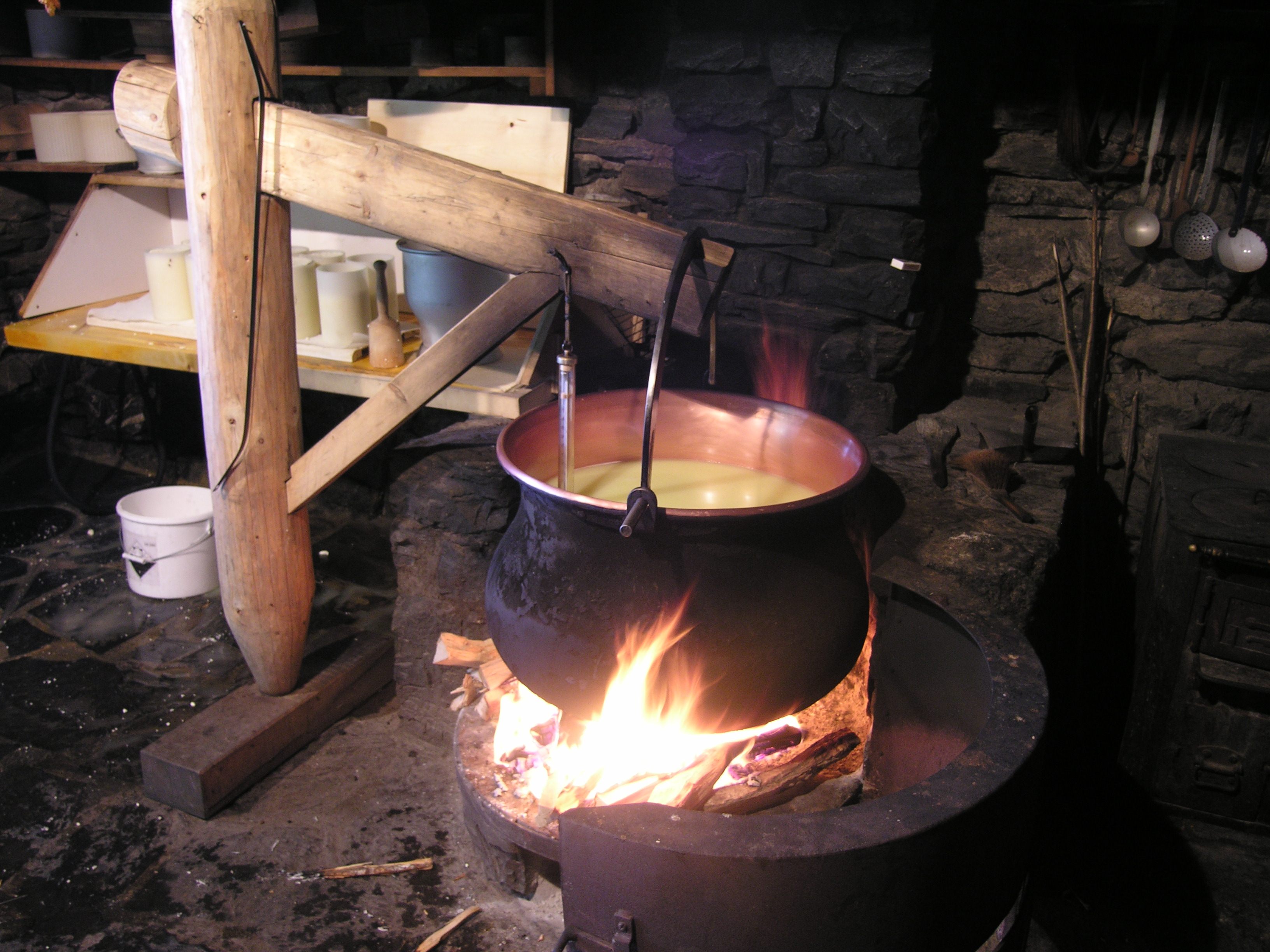
State regulation ensures that no one is making cheese via this ancient Swiss method. (Photo: Audrius Meskauskas/CC-BY-SA-3.0)
Wisconsin’s strict licensing program has its share of detractors, though. Some artisanal cheesemakers and cheeseheads, as Wisconsinites are called, have spoken out against it. According to critics, the stringent requirements only serve the interests of established factories, but are burdensome to individuals and smaller companies.
Cheesemakers outside the state are skeptical, too. Barbara Hanley, of the Massachusetts Cheese Guild, wrote in an email, “Would you rather have someone making cheese because they are talented and dedicated, or making it because they can afford a license?”

The Wisconsin Master Cheesemakers Class of 2016. Those with multiple medals have become Masters of multiple types of cheese. (Photo: Wisconsin Milk Marketing Board)
In terms of regulation, Hanley says that Wisconsin’s licensing cannot possibly exceed the requirements of FSMA (Food Safety Modernization Act) and third-party audits currently being implemented across the country, along with FDA inspections. Indeed, Hanley’s log notebooks, HAACP plan and required documentation take up six feet of shelf space at Shy Brothers Farm, an artisan cheesemaker.
“You simply cannot make good cheese if you don’t care about it,” she says. “There are better ways to obtain quality and safety than licensing.”

But is it cheese, or is it Master Cheesemaker cheese? (Photo: Dorina Andress/CC BY-SA 3.0)
Wisconsin cheese guru Jeanne Carpenter disagrees, writing that the stiff licensing requirements uphold industry integrity. In 2010, Carpenter established a Beginning Cheesemaker Scholarship to help out cash-strapped aspiring cheesemakers.
Anyone who is willing to spend the time and money on the license is the kind of person she’d want making her cheese, writes Carpenter, adding, “Anybody can make cheese in their bathtub. That doesn’t mean I want to eat it.”
(Hanley says that when it comes to commercial cheesemaking, making cheese in a bathtub “is just not possible.”)
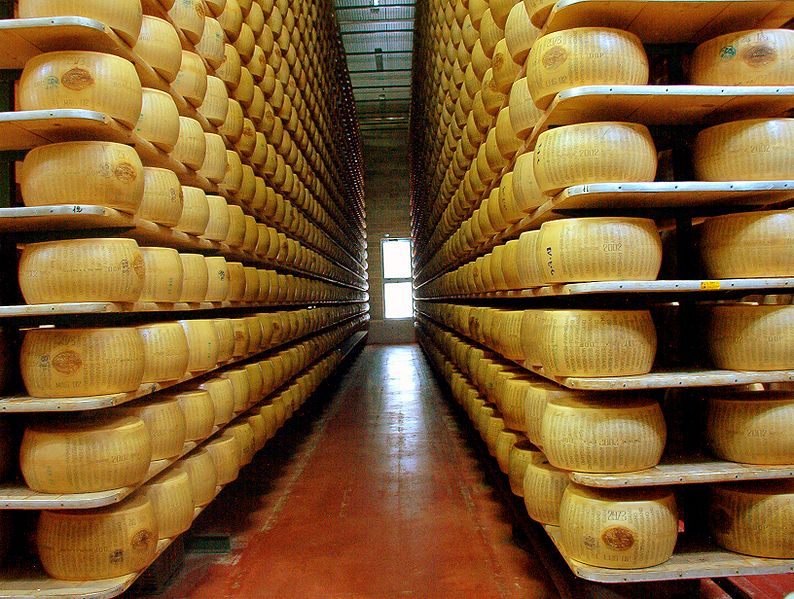
Once you enter the world of cheese, there’s no turning back. (Photo: Zerohund/CC BY-SA 3.0)
Marianne Smukowski, outreach program manager at Wisconsin’s Center for Dairy Research, says that Wisconsin already had some of the strictest state regulations–and still does–even before the Food Safety Modernization Act was signed into law in 2011.
Wisconsin’s Center for Dairy Research began the Master Cheesemaker program in 1994, when co-creator Jim Path noticed the existence of Master Cheesemakers in Europe and decided that Wisconsin, with its $43 billion dairy industry, ought to have something similar.
There are now over 60 Master Cheesemakers in Wisconsin. While cheesemakers from other states can enroll in the short courses, they cannot attain Master Cheesemaker status. Only cheeseheads who have built their empires in Wisconsin are allowed in this club.
Gastro Obscura covers the world’s most wondrous food and drink.
Sign up for our regular newsletter.





















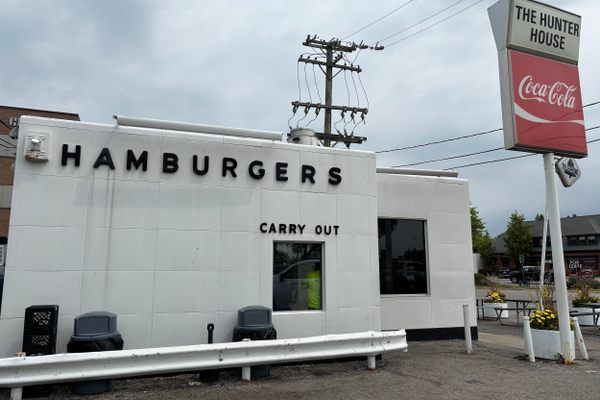
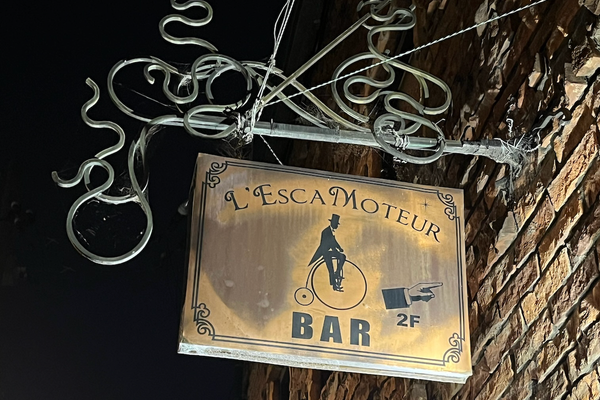


Follow us on Twitter to get the latest on the world's hidden wonders.
Like us on Facebook to get the latest on the world's hidden wonders.
Follow us on Twitter Like us on Facebook